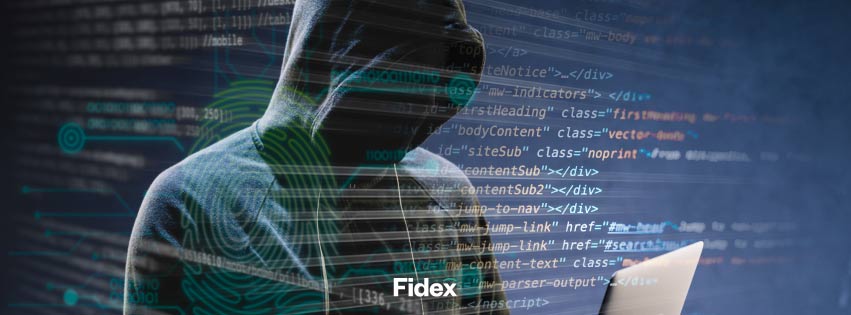- 15 octubre, 2024
- Posted by: 66734c026a9c090eca39c3b398fd8169
- Categoría: Blog

Aumento en ciber-ataques disfrazados de información sobre covid-19
Desde el año pasado hemos visto una serie de cambios implementarse en nuestro estilo de vida, es muy significativa la adopción del trabajo remoto. La modalidad de home office trae sus beneficios, pero también retos particulares, uno de ellos tiene que ver con la ciber-seguridad. El comercio en línea y la transmisión de información importante desde terminales sin la seguridad de una red local protegida han crecido significativamente y con ello también los ataques por parte de hackers.
Se ha detectado un aumento extraordinario en ataques que utilizan el tema del coronavirus para generar una “carnada”, la información ofrecida aprovecha el miedo y la distracción del usuario para llevarlo a hacer click en vínculos maliciosos y ganar acceso a datos sensibles, ya sean bancarios o de algún tipo confidencial.
Otro punto en el que hay que tener precaución es al conectarse a una red nueva, puede parecer atractivo conectarse a un servidor Wi-Fi gratuito en lugares públicos como restaurantes o aeropuertos, pero la red podría no ser segura y hay personas capaces de interceptar el tráfico de datos.
Como buena práctica de seguridad, se recomienda siempre cifrar la información importante o confidencial, no utilizar la misma contraseña siempre, mantener las versiones de programas actualizadas (pues periódicamente se hallan y corrigen vulnerabilidades) y mantener copias de seguridad offline. Algunas protecciones adicionales involucran el uso de VPN y firewalls, incluso en casa.
Es característico de este tipo de ataques el que sean detectados hasta meses después de ocurrida la infiltración, cuando mucho material ha sido comprometido y el daño está hecho. En cuestión de seguros, esta es la razón por la que la cobertura contra daños por ataques cibernéticos suele ser retroactiva.
Fidex cuenta con programas de protección y seguros contra daños por ciber-ataques, acérquese a nosotros para conocer qué esquema es el mejor para su compañía.
